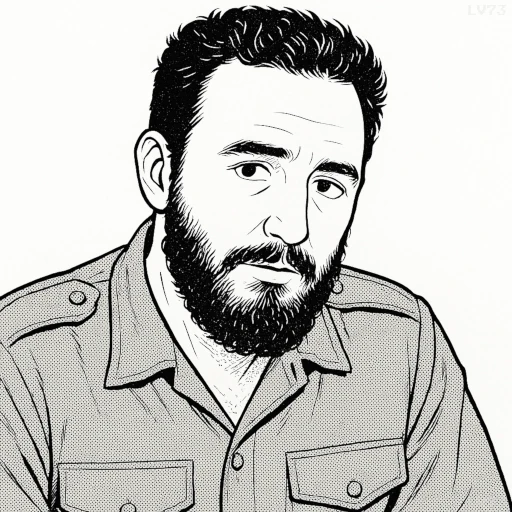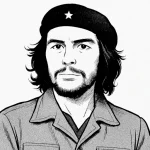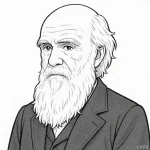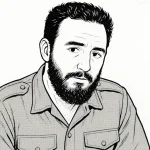“As we know, while our species remains alive, everybody has the sacred duty to be optimistic. Ethically, any other behaviour wouldn’t be admissible.”

- August 13, 1926 – November 25, 2016
- Cuban
- Revolutionary, Prime Minister and President of Cuba, Communist Leader
table of contents
Quote
“As we know, while our species remains alive, everybody has the sacred duty to be optimistic. Ethically, any other behaviour wouldn’t be admissible.”
Explanation
This quote expresses a deeply moral vision of hope, framing optimism not as a personal preference but as an ethical obligation. Fidel Castro asserts that as long as humanity continues to exist—“while our species remains alive”—we must maintain a forward-looking, constructive attitude. To him, pessimism in the face of global crises is not only defeatist but ethically unacceptable, because it amounts to surrendering our responsibility to act, improve, and believe in the possibility of change.
In historical context, this sentiment was consistent with Castro’s rhetoric during difficult times in Cuba, particularly during periods of economic hardship or political isolation. By invoking a “sacred duty,” he elevates optimism to the level of collective moral resistance, especially against imperialism, inequality, or ecological catastrophe. This outlook was central to the Cuban revolutionary ethos, which relied on endurance, vision, and faith in human capacity.
Today, the quote resonates in an age marked by climate crisis, global inequality, and political instability. It serves as a powerful reminder that despair is not a neutral stance—it is a withdrawal from the struggle for a better world. Castro’s framing insists that ethical citizenship demands belief in progress, not because it is easy, but because giving up would mean betraying the very possibility of a shared future.
Would you like to share your impressions or related stories about this quote in the comments section?



